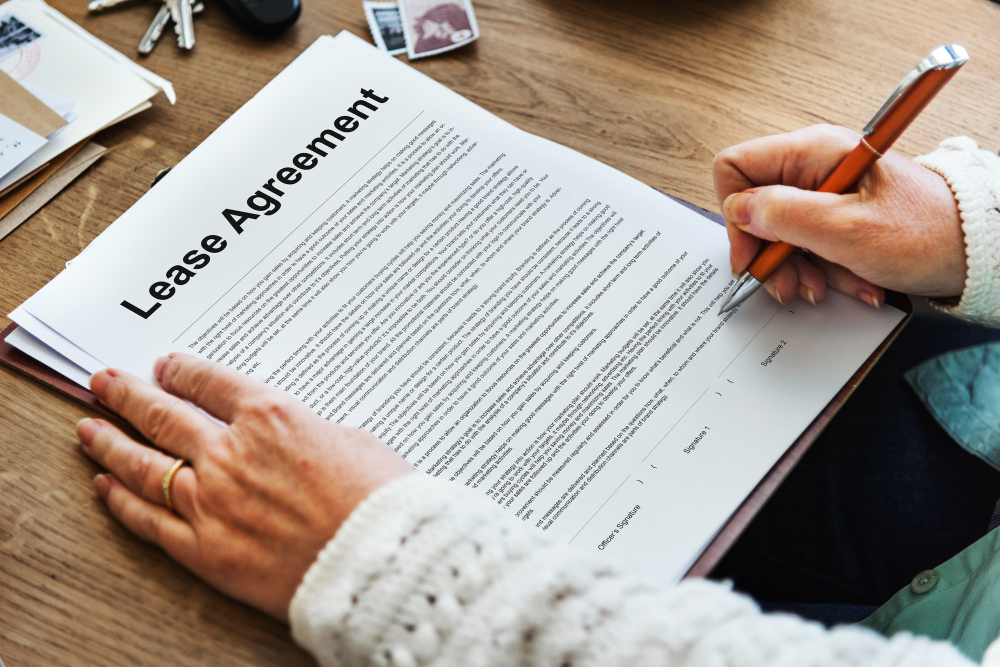Introduction
As a landlord, one of the essential aspects of managing your rental property is deciding when and how to increase the rent. Rental increases can be a sensitive subject for both landlords and tenants, but it's a necessary step to ensure the financial health of your investment. In this blog post, we'll discuss some valuable tips for landlords when considering rental increases, with a focus on maintaining good tenant relationships and staying within the bounds of the law.
- Know the Laws and Regulations Before you even think about raising the rent, it's crucial to be well-versed in your local, state, and federal rental laws and regulations. Rental increase laws vary significantly by location, and failing to comply with them can lead to legal trouble. Familiarize yourself with rent control laws, notice periods, and any limits on the frequency and amount of rent increases in your area.
- Evaluate Your Expenses: When contemplating a rent increase, take a close look at your property-related expenses. Have your property taxes, insurance, maintenance costs, or other expenses gone up significantly? A rent increase should ideally reflect these increased costs. Keep detailed records of your expenses to justify any rent hikes to your tenants.
- Timing Matters: The timing of your rent increase can make a significant difference in how it's perceived by your tenants. Avoid raising the rent in the middle of a lease term, as this can create resentment and stress for your tenants. Instead, consider waiting until the lease renewal period. This gives your tenants ample notice and the opportunity to plan accordingly.
- Communicate Effectively: Transparency is key when it comes to rental increases. Begin the communication process well in advance of the intended increase. Send a formal written notice to your tenants, detailing the new rental amount, effective date, and reasons for the increase. Be ready to explain any changes in expenses or property improvements that have led to the increase.
- Be Open to Negotiation: Tenants may not always agree with a rent increase, and some may be facing financial constraints. Be open to negotiating the terms with your tenants, especially if they have been reliable and responsible renters. Finding a middle ground can help maintain a positive landlord-tenant relationship.
- Consider Incremental Increases: If you anticipate needing regular rent increases to keep up with rising expenses, consider implementing smaller, incremental increases each year rather than waiting for a large one-time hike. This can be less burdensome for tenants and help them better plan for future increases.
- Improve the Property: Another way to justify a rent increase is by making significant improvements to the rental property. If you've recently renovated or upgraded the property, you can reasonably request higher rent to reflect the improved living conditions.
- Offer Value: To make the rent increase more palatable for your tenants, consider adding value to their rental experience. This could include providing new appliances, enhancing landscaping, offering on-site amenities, or including utilities in the rent. Tenants are more likely to accept a higher rent if they perceive added value.
Conclusion
Raising the rent is a challenging but necessary aspect of being a landlord. By following these tips and maintaining open and honest communication with your tenants, you can navigate the rental increase process more smoothly and preserve positive relationships with your tenants. Remember that a well-informed and considerate approach to rental increases is the key to success as a landlord.
Photo Credits: Image by rawpixel.com on Freepik










